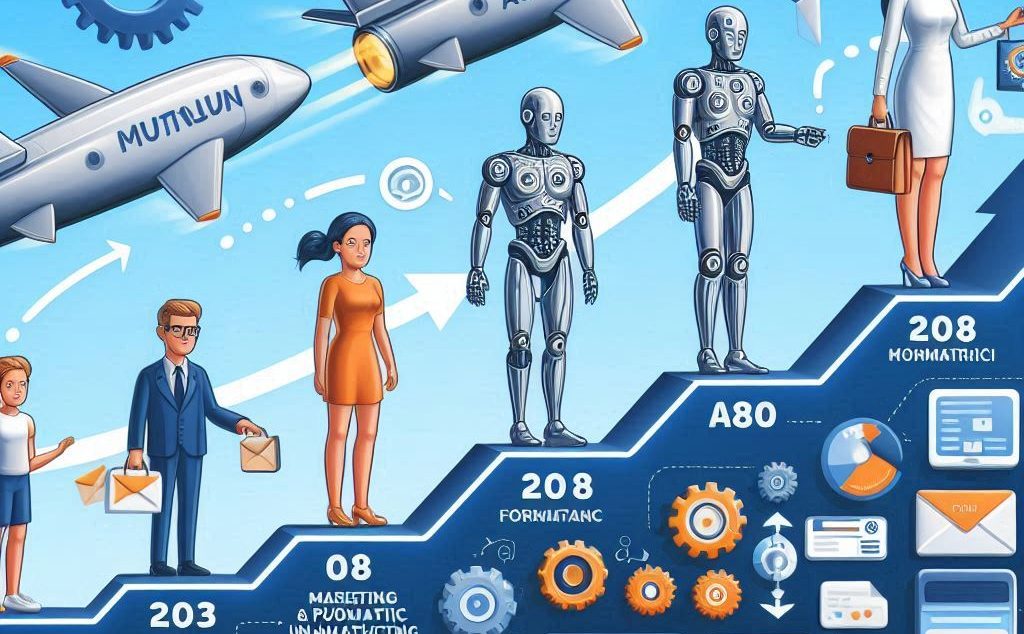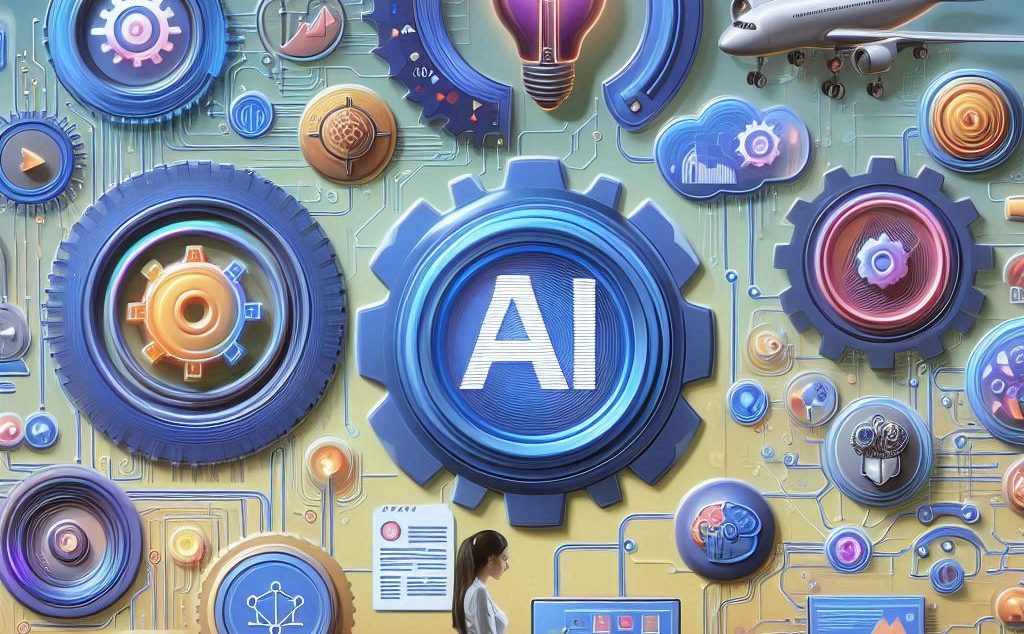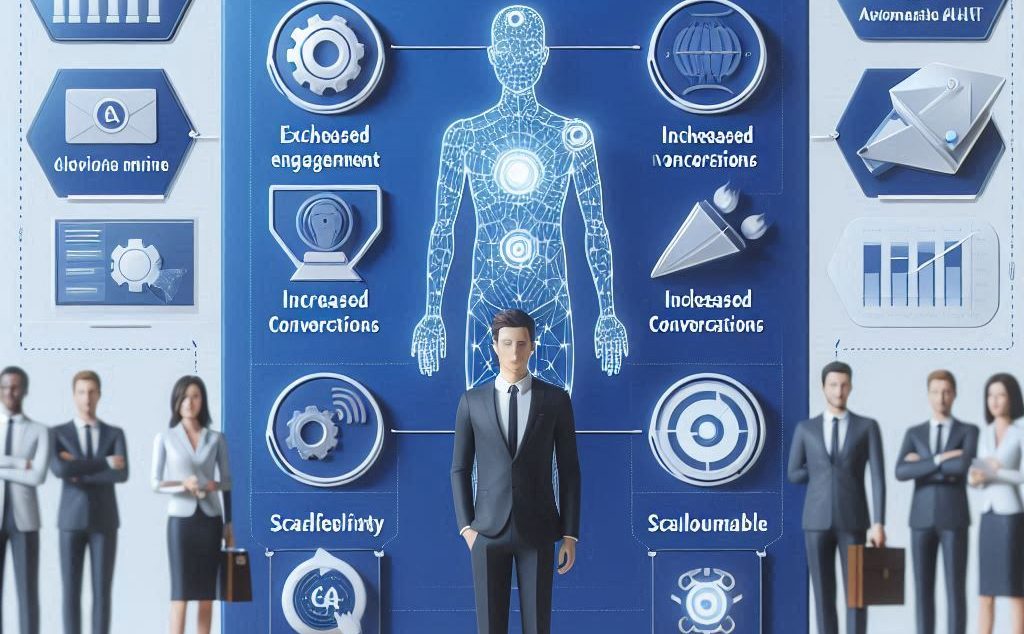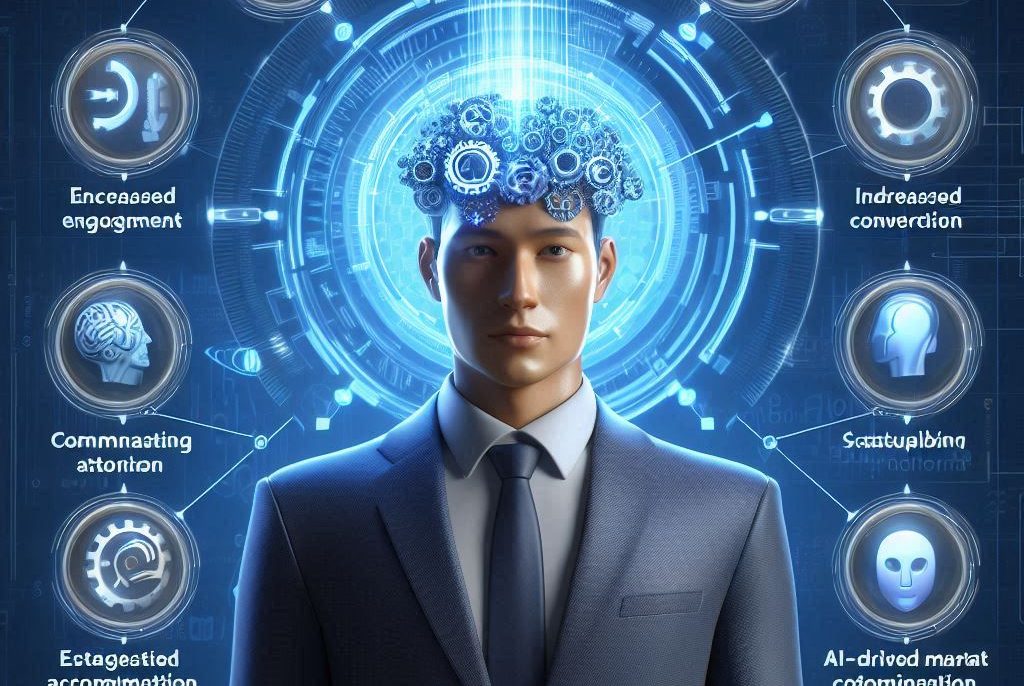In the evolving landscape of digital marketing, automation has become essential for driving efficiency, personalizing customer interactions, and achieving scalable growth. Salesforce CRM, combined with the power of artificial intelligence (AI), is transforming how businesses approach marketing automation. This article explores the future of marketing automation through the integration of AI with Salesforce CRM, highlighting the key benefits, tools, and strategies to optimize your marketing efforts.
The Evolution of Marketing Automation
Marketing automation has progressed from basic email campaigns to sophisticated, multi-channel strategies driven by data and AI. This evolution enables businesses to:
- Enhance Personalization: Deliver tailored content based on customer behavior and preferences.
- Increase Efficiency: Automate repetitive tasks, freeing up time for strategic planning.
- Improve ROI: Optimize campaigns through data-driven insights and predictive analytics.
- Engage Customers: Create consistent, meaningful interactions across all touchpoints.

The Role of AI in Marketing Automation
AI amplifies the capabilities of marketing automation by offering advanced features such as:
- Predictive Analytics: Forecast customer behavior and campaign performance.
- Natural Language Processing (NLP): Understand and respond to customer interactions in real-time.
- Machine Learning: Continuously improve marketing strategies based on data and outcomes.
- Personalization: Deliver hyper-personalized content and recommendations.
Integrating AI with Salesforce CRM
Salesforce CRM, with its robust AI component known as Einstein, offers a comprehensive suite of tools to automate and enhance marketing efforts. Here’s how to effectively integrate AI with Salesforce CRM:

Step 1: Enable Einstein Features
Begin by enabling the relevant Einstein features in Salesforce:
- Einstein Prediction Builder: Create custom predictions tailored to your marketing goals.
- Einstein Discovery: Gain insights from data to inform marketing strategies.
- Einstein Content Selection: Automatically deliver the most relevant content to each customer.
- Einstein Bots: Automate customer interactions on your digital channels.
Step 2: Set Up Data Integration
AI-driven marketing automation relies on accurate and comprehensive data. Ensure your data sources are integrated with Salesforce:
- Connect CRM Data: Integrate customer data from various sources (e.g., website, email, social media).
- Ensure Data Quality: Cleanse and normalize data to maintain accuracy and consistency.
- Segment Audiences: Use AI to segment your audience based on behavior, demographics, and preferences.
Step 3: Create AI-Driven Campaigns
Leverage AI to design and execute automated marketing campaigns:
- Predictive Campaigns: Use Einstein Prediction Builder to forecast campaign outcomes and optimize targeting.
- Personalized Content: Implement Einstein Content Selection to deliver personalized content at scale.
- Multi-Channel Automation: Automate interactions across multiple channels (email, social media, SMS) using AI insights.
Step 4: Monitor and Optimize
Continuous monitoring and optimization are crucial for successful marketing automation:
- Track Performance: Use Einstein Analytics to monitor campaign performance in real-time.
- Analyze Data: Leverage AI to analyze customer behavior and campaign effectiveness.
- Adjust Strategies: Optimize your marketing strategies based on insights and predictive analytics.

Benefits of AI-Driven Marketing Automation
Integrating AI with Salesforce CRM offers several significant benefits:
- Enhanced Customer Engagement: AI enables more relevant and timely interactions with customers.
- Increased Conversion Rates: Personalized content and predictive targeting lead to higher conversion rates.
- Cost Efficiency: Automating repetitive tasks reduces operational costs.
- Scalability: AI-driven automation allows for the scaling of marketing efforts without proportional increases in resources.
Future Trends in AI and Marketing Automation
The future of marketing automation is set to be shaped by several emerging trends:
1. Hyper-Personalization
AI will enable even more granular personalization, tailoring content to individual preferences and real-time behaviors. Expect marketing strategies to become more customer-centric, focusing on delivering highly relevant experiences.
2. Voice and Conversational AI
With advancements in NLP, voice-activated and conversational AI will play a significant role in customer interactions. This includes AI-powered chatbots and virtual assistants that provide seamless, human-like experiences.
3. Predictive Customer Journeys
AI will map out predictive customer journeys, anticipating customer needs and proactively guiding them through the sales funnel. This will result in smoother, more intuitive customer experiences.
4. Ethical AI and Data Privacy
As AI becomes more integrated into marketing, businesses will need to prioritize ethical AI practices and data privacy. Transparency, consent, and data security will be paramount to maintaining customer trust.
Conclusion
The integration of AI with Salesforce CRM is revolutionizing marketing automation. By leveraging AI-driven insights and automation tools, businesses can enhance personalization, improve efficiency, and maximize ROI. As AI technology continues to evolve, the potential for innovative and effective marketing strategies will only grow. Embracing these advancements will enable businesses to stay competitive and deliver exceptional customer experiences in the digital age.


